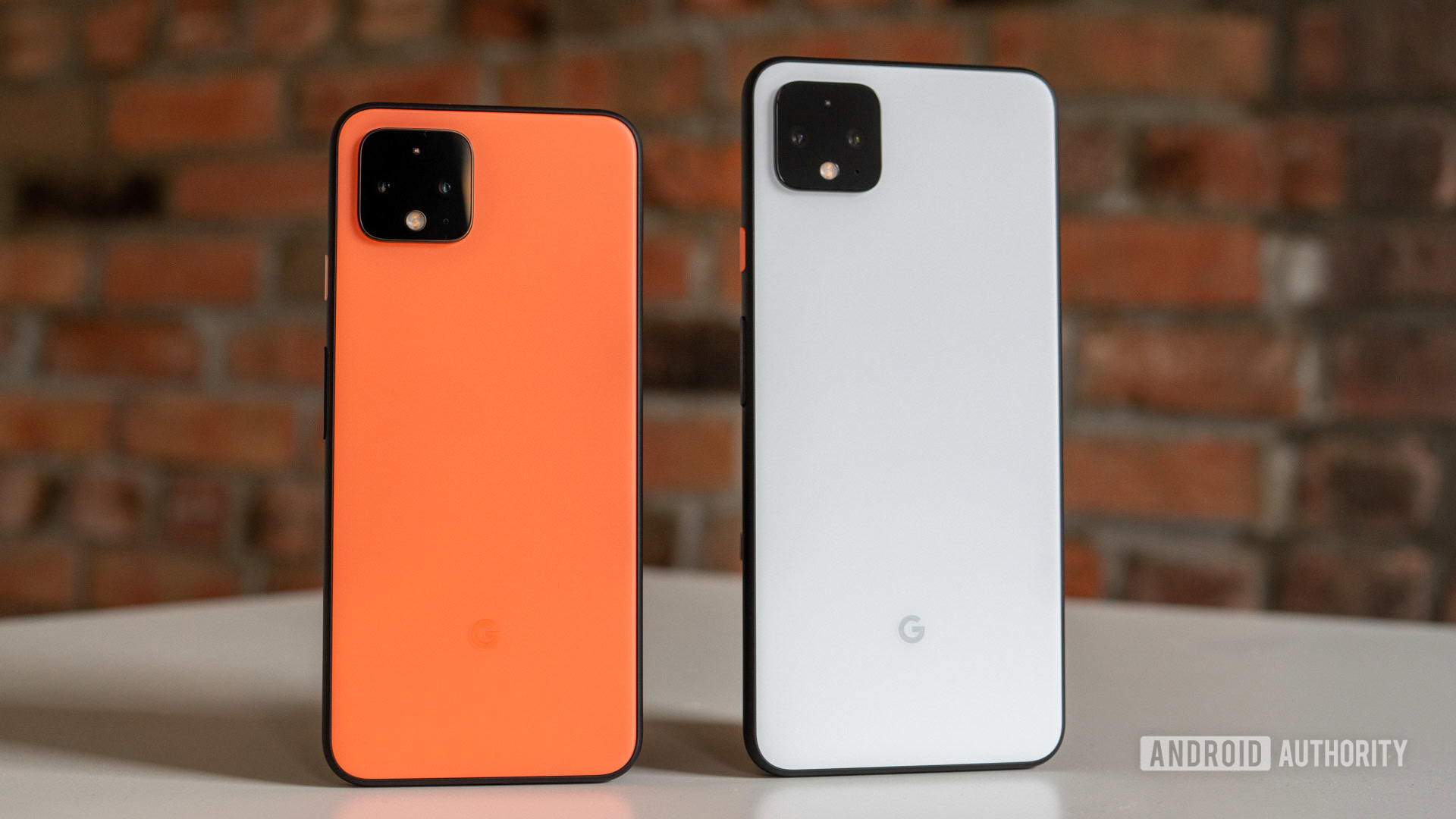Affiliate links on Android Authority may earn us a commission. Learn more.
Google sued for allegedly forcing DJs to lie about how great the Pixel 4 was
Published onJanuary 21, 2022

- The state of Texas is suing Google over a slate of Google Pixel 4 ads from 2019 and 2020.
- The suit alleges the ads forced radio DJs to blatantly lie about using the Pixel 4 — which none had ever used.
- If found guilty, Google could face fines in excess of $24 million.
The Google Pixel 4 and Pixel 4 XL were rough ones for the company. Not only did they get lukewarm receptions from critics and consumers, but even Google itself was disappointed with the phones. Several Pixel developers left after the phones failed to win anyone over.
See also: All Google Pixel phones released so far
Of course, these problems didn’t stop Google from trying to push the phones to buyers. However, it looks like the company may have gone too far with some of its Google Pixel 4 ads, if a new Texas lawsuit is to be believed (via Market Watch and a hat tip to Android Central).
Google Pixel 4 ads went too far?
The lawsuit — filed by controversial Texas Attorney General Ken Paxton — alleges Google forced eight prominent radio DJs to lie about their experiences using the Pixel 4 in 2019. The lawsuit says Google allegedly gave the DJs canned statements lauding the Pixel 4 from a first-person perspective. Examples include things like, “I’ve been taking studio-like photos of everything… my son’s football game… a meteor shower… a rare spotted owl that landed in my backyard…”
When the DJs asked to actually use the phones or change the wording so it didn’t sound like it was coming from their own personal experiences, Google reportedly refused.
Later, in 2020, Google tried to run a second set of Google Pixel 4 ads. Once again, the DJs allegedly asked for physical devices so as not to lie on the air. The lawsuit says Google refused this until the DJs attempted to buy Pixel 4 devices on their own.
If this lawsuit goes to court and Google is found in the wrong, it would have violated the Texas Deceptive Trade Practices Consumer Protection Act. The penalties for this would be up to $10,000 for each of the 2,405 broadcasts of the ads — that’s over $24 million.
In a statement, Google spokesperson José Castañeda had this to say:
We will review the complaint but the AG’s allegations appear to misrepresent what occurred here. We take compliance with advertising laws seriously and have policies in place designed to help ensure we follow relevant regulations and industry standards.